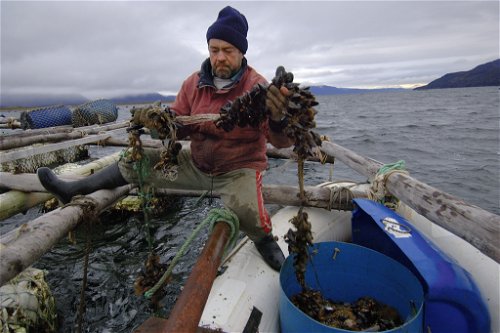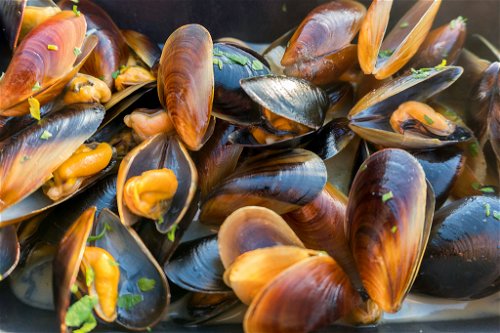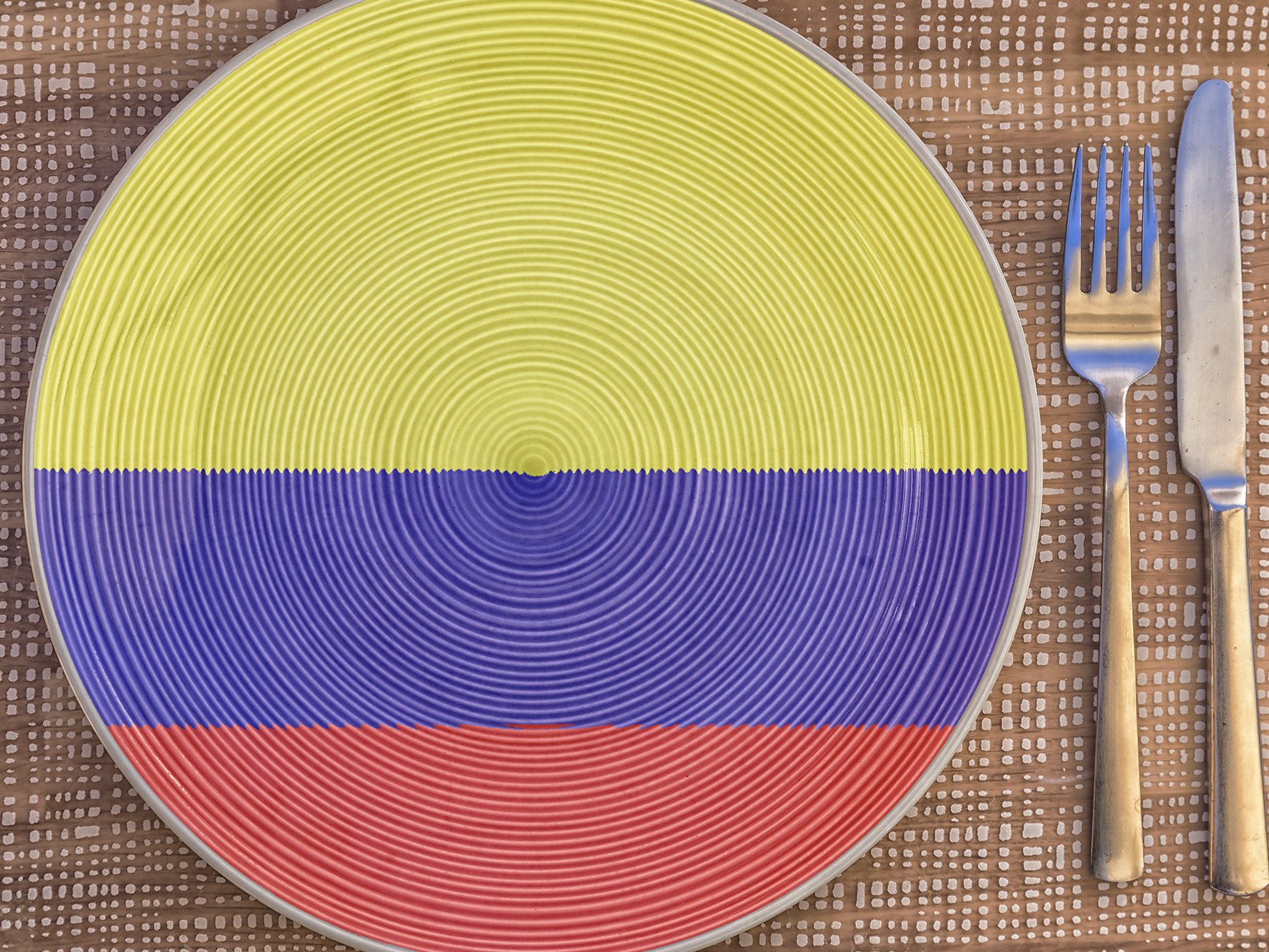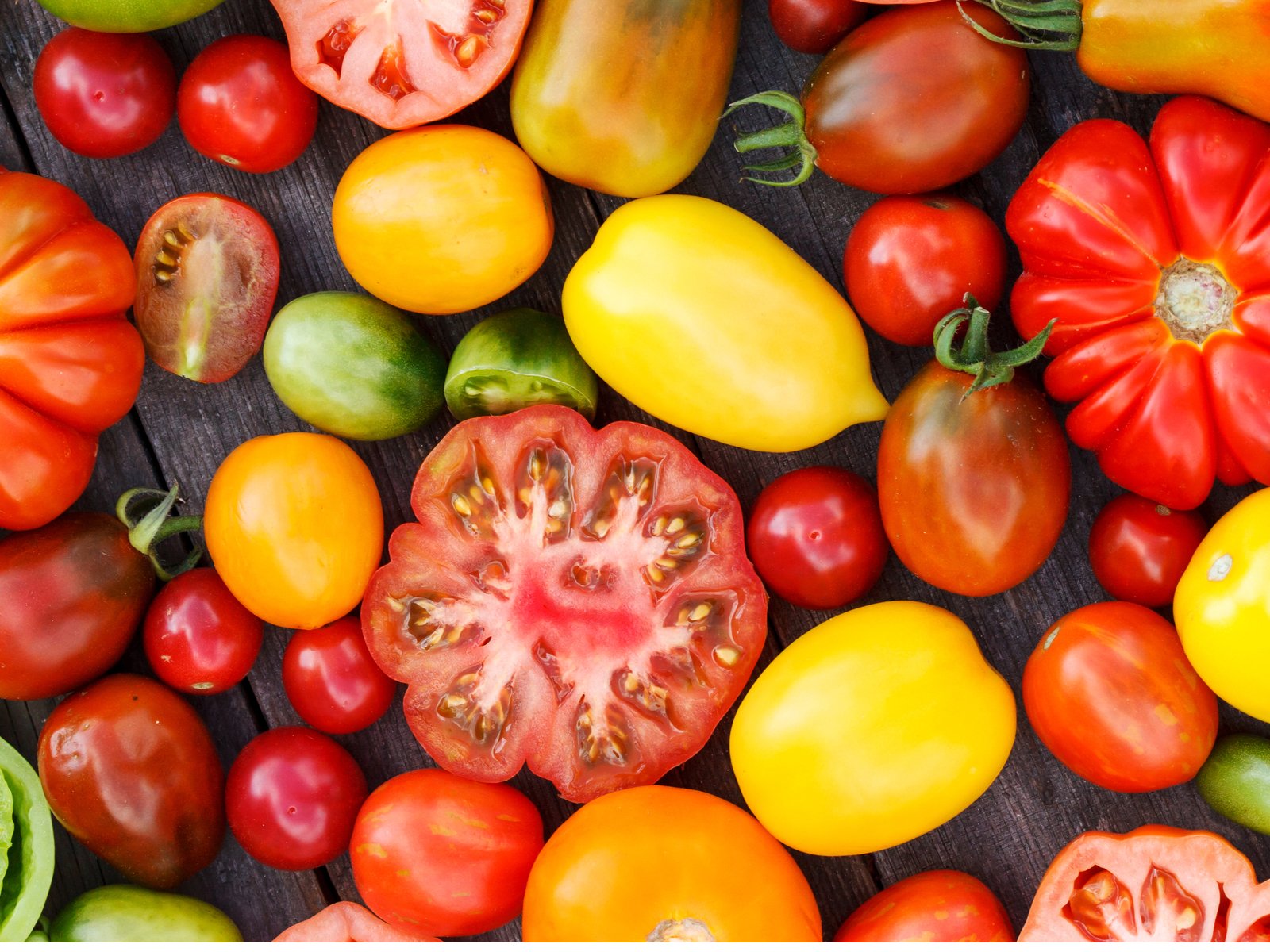Shellfish: Sea Delight
Shellfish are nature’s bounty: they allow us to bring the sea home.
First things first: shellfish taste simply amazing. Salty and sweet, like the very best desserts, slightly iodine and delicately bitter, of sea and beach and magnificent rocks, of wind and space, adventure and sunset.
The advanced shellfish connoisseur enjoys them raw, preferably freshly lifted from the sea or cut from the stone - never will their intrinsic flavour be stronger, deeper or more complex.
Cooked, they enchant with other charms; they become silky, creamy and soft, milder and rounder in flavour. Strong, short heat lends fine smoky aromas to razor clams, for example, while a little steam makes mussels really plump and juicy.















